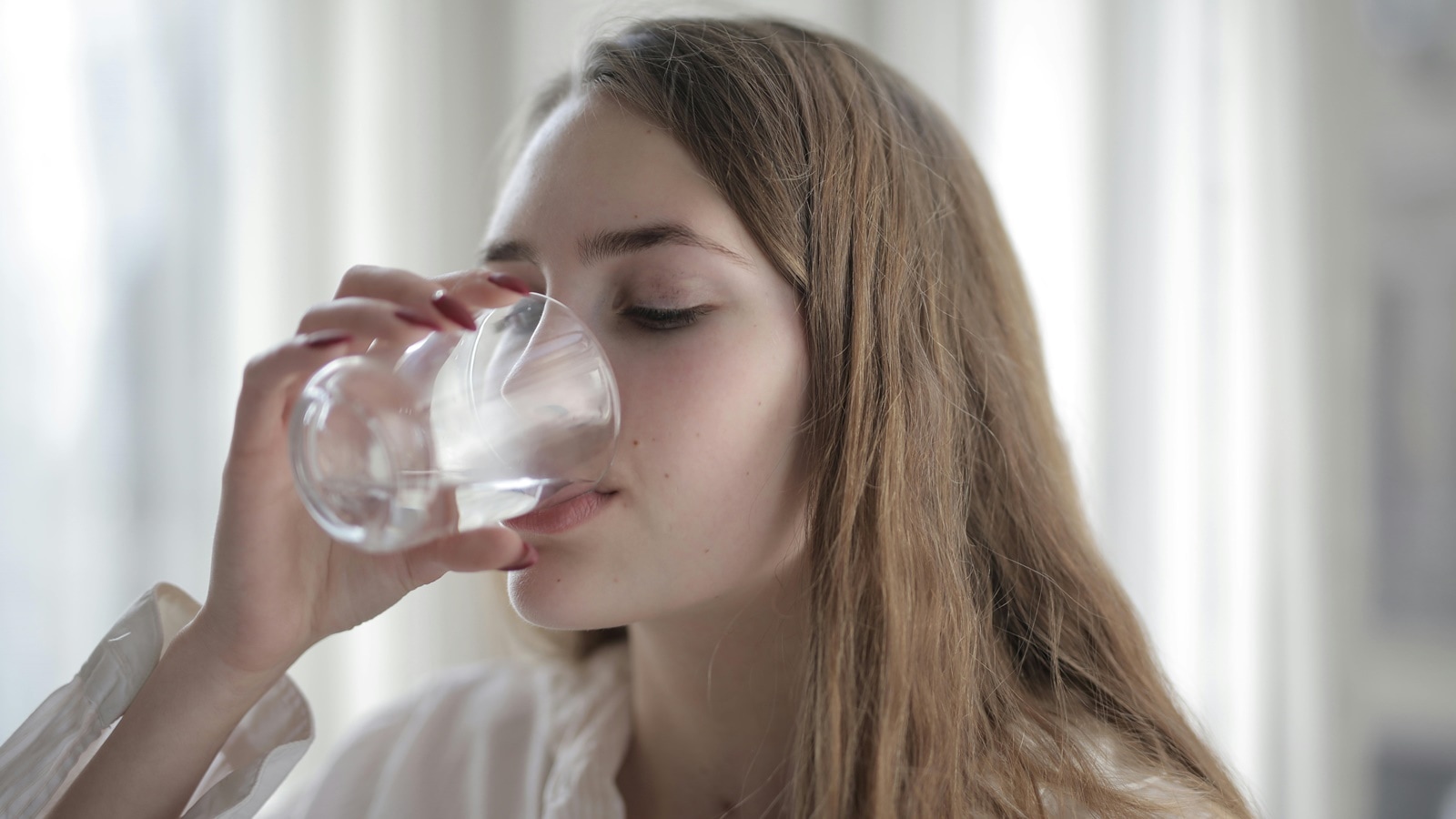Water is essential for life, supporting countless processes within the body that keep us healthy and active. But how much water should we drink each day? While hydration guidelines are helpful, individual needs can vary widely.
Here, we explore the benefits of drinking water, the potential impacts of drinking three litres a day, and expert insights into finding the right balance for optimal health.
What happens if you drink 3 litres of water every day?
Drinking three litres of water each day may support hydration, particularly in hot climates or during vigorous activity. This benefits bodily functions like temperature regulation, joint lubrication, and nutrient transportation. Dr Upendra Singh, Head of Nephrology at Yatharth Hospital, Noida, highlights that this hydration level also promotes efficient kidney function, eliminating toxins, reducing kidney stone risk, and supporting physical endurance by combating fatigue.
However, drinking excessive water can sometimes lead to a condition known as hyponatremia, where sodium in the blood becomes dangerously diluted. According to Dr Rakesh Gupta, Senior Consultant in Internal Medicine at Indraprastha Apollo Hospitals, this can cause symptoms such as nausea, headaches, confusion, and, in severe cases, seizures or even coma. As a result, while three litres may benefit some, adjusting water intake based on personal needs, lifestyle, and climate is essential.
 Are you dehydrated? (Photo credits: Pexels)
Are you dehydrated? (Photo credits: Pexels)
Ideal daily water intake
While general guidelines recommend about 3.7 liters for men and 2.7 liters for women (from all sources, including food), both doctors said ideal hydration varies based on weight, climate, and activity level. Dr Gupta notes that a practical guideline is drinking approximately 30-35 milliliters of water per kilogram of body weight. For example, a 70 kg person would need roughly 2.1 to 2.5 liters of water daily. Those who exercise more frequently or live in hot climates may require additional hydration.
Can too much water be harmful?
Excessive water intake can be dangerous. Overhydration can lead to hyponatremia, as Dr Gupta and Dr Singh explain, where sodium levels in the blood become diluted, leading to various health issues. Some groups should take particular care with hydration, including:
- Individuals with kidney or heart issues: Overconsumption may exacerbate fluid retention, making it harder for their bodies to expel excess water.
- Athletes: Those engaging in prolonged endurance activities should balance water with electrolytes, as excessive water alone may pose health risks.
- Older Adults: Often have diminished thirst cues and may overhydrate without realizing it.
Water is vital to health, but more isn’t always better. Listening to your body, balancing hydration with electrolytes during intense exercise, and being mindful of your specific health conditions are essential steps in maintaining optimal hydration.
Story continues below this ad
DISCLAIMER: This article is based on information from the public domain and/or the experts we spoke to. Always consult your health practitioner before starting any routine.



